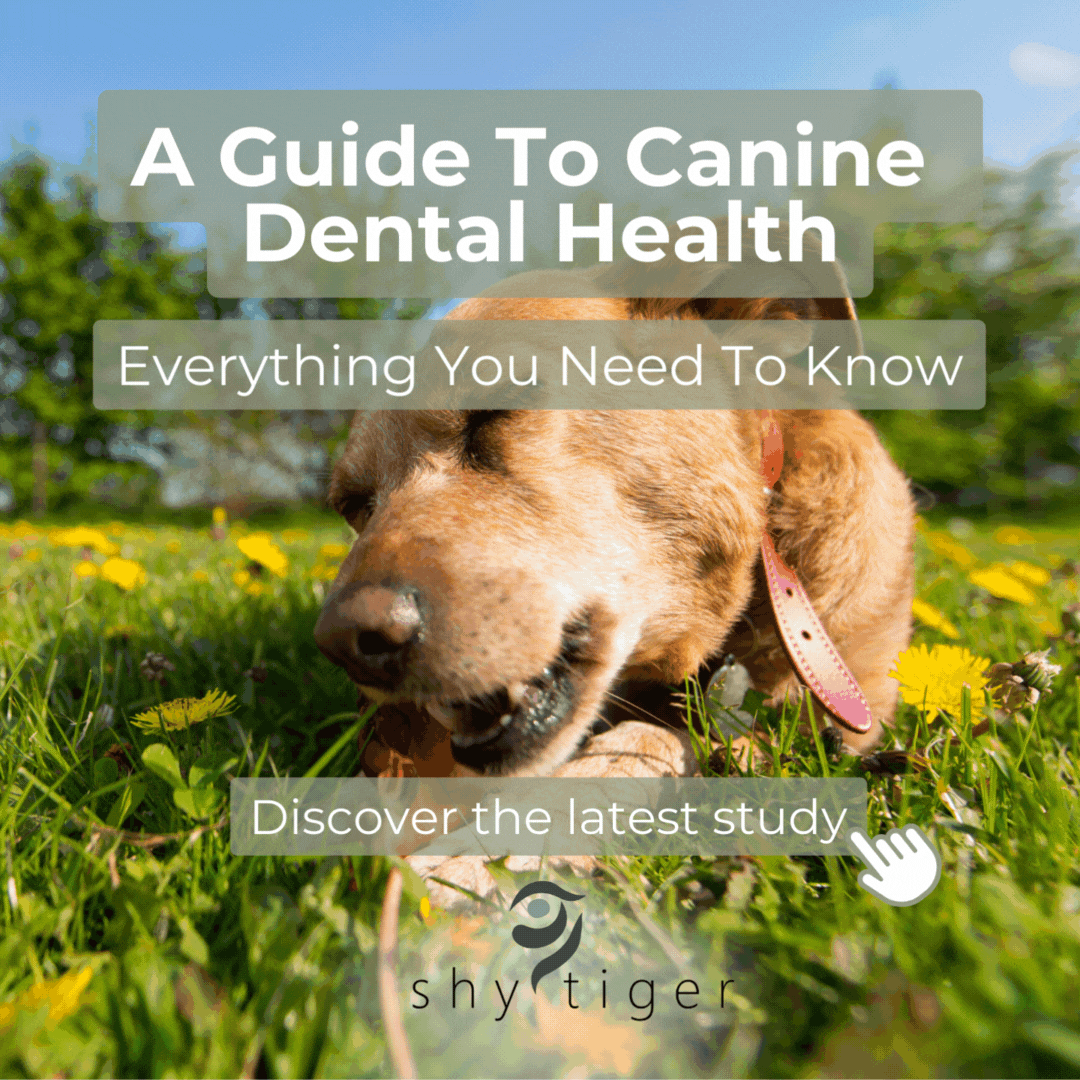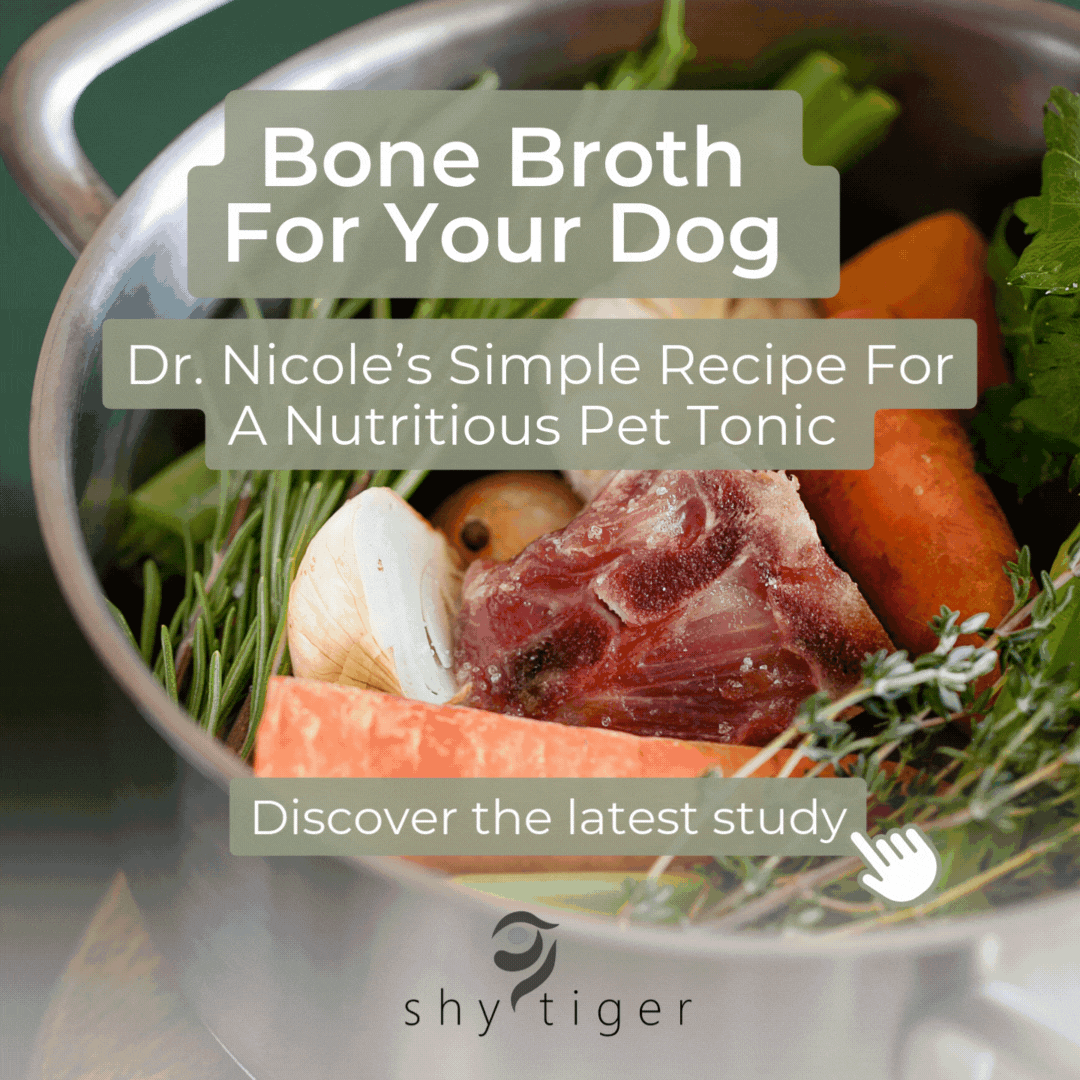Canine Dental Health

A Guide to Canine Dental Health: Everything You Need to Know
Why Dental Health Matters
In recent years, there has been a significant shift in how we approach pet care, particularly dental health. If you've noticed your vet paying close attention to your dog’s teeth, there's a good reason. Dental health is crucial for your pet's overall well-being, but it's only in the last decade that its importance has been widely recognised. Unlike humans, pets don’t show obvious signs of dental pain, often continuing to eat despite significant discomfort. This has led to the false assumption that dental issues are not a concern. However, neglecting dental care can result in serious health problems, including kidney and liver disease, as bacteria from the mouth enter the bloodstream and impact vital organs.
The Hidden Dangers and Misconceptions of Pet Dental Care

Poor dental hygiene in pets can lead to more than just bad breath. It can cause painful toothaches and systemic issues that affect your pet's overall health. A common misconception is that kibble can clean your dog’s teeth, but this idea has been debunked. In reality, kibble, especially those high in carbohydrates, can contribute to dental disease by fostering harmful bacteria growth.
The Role of Diet and Regular Check-Ups

A whole food diet, particularly one that includes fresh, raw foods, helps maintain a healthy balance of bacteria in the mouth, reducing the risk of plaque and tartar buildup. Alongside a healthy diet, regular veterinary check-ups are also crucial for early detection of dental issues. Vets are trained to perform thorough health exams, including checking your pet’s teeth, which can prevent more serious issues down the line.
Brushing and Raw Bones: Key Tools in Dental Care

While many of us have grown up believing that a dog’s dental health is just a matter of occasional check-ups and maybe a dental chew now and then, the reality is much more complex—and much more important. Some of the best tools in our arsenal? Brushing and raw bones.
Brushing your dog’s teeth regularly is a simple yet vital part of their care routine. Start with a pet-friendly toothpaste and aim to brush at least once or twice a week. If daily brushing isn’t possible, products like Shy Tiger’s Soothe + Dental Natural Dental Toothpaste and Soothe + Dental Natural Oral Supplement can help maintain oral health between brushings. Raw bones are another excellent tool for keeping your dog’s teeth clean. However, it’s important to choose the right type of bone. Non-weight-bearing bones like necks, spines, and tails are safer options, especially for novice chewers and dogs with sensitive tummies. For dogs that tend to gulp their food, turkey necks are a great starting point.
Dehydrated Bones and Common Chew Toys: A Convenient Alternative?

Dehydrated bones have become quite popular, and while they can be a good option, they do come with a caveat. The dehydration process, which involves exposing the bones to heat, can make them more brittle. This increases the risk of the bone splintering and causing harm. While they can be a good option for small dogs, they are not a replacement for fresh, raw meaty bones.
Additionally, be cautious with common chew toys like tennis balls, which can wear down your dog’s teeth over time. Many toys also contain harmful chemicals, so opting for natural chews or raw bones is a safer choice.
The Role of Probiotics
Probiotics can be beneficial for dogs with bad breath, which may indicate an imbalance in gut or oral bacteria. However, not every dog needs probiotics. If your dog is healthy, with no underlying issues, probiotics might not be necessary. For dogs with health concerns, they can be a valuable addition to their dental care routine.
Conclusion

Prioritising your dog’s dental health doesn’t have to be complicated. With regular brushing, the right diet, safe raw bones, and professional vet check-ups, you can help ensure your dog’s teeth and overall health remain in top condition. Start today, and give your furry friend the best chance at a long, healthy, and happy life.




Leave a comment